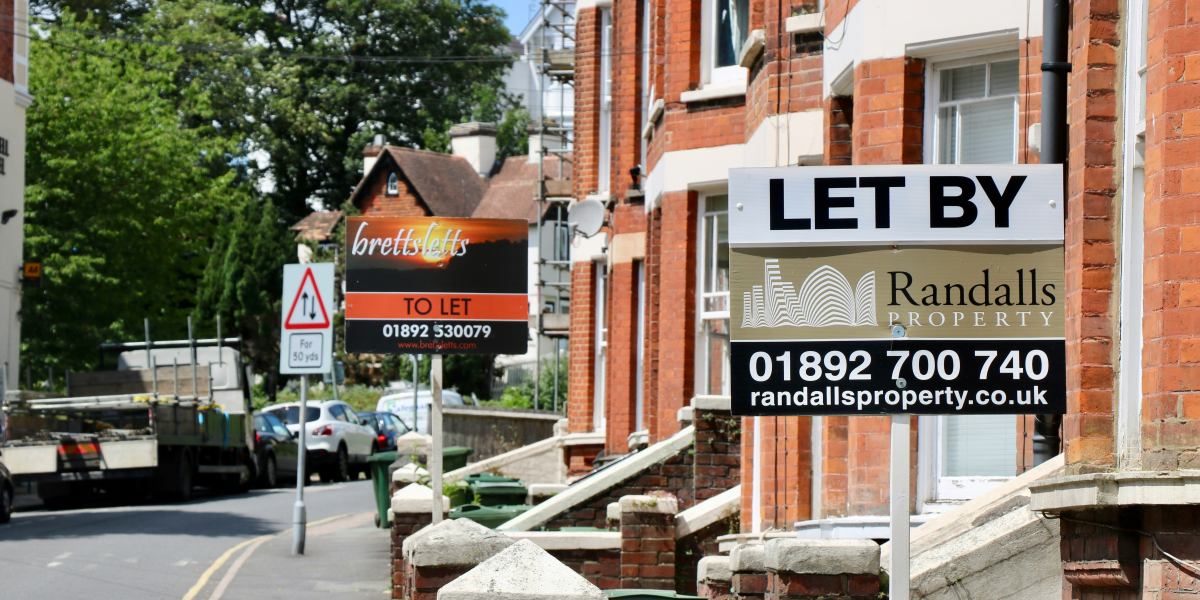Whether living in an apartment or a home is a significant choice, as it influences lifestyle, financial goals, and personal preferences. There may never be an ideal answer because the two present sets of pluses and minuses. Contrasting these can help guide your choice according to your present needs and future aspirations.
Apartment-Living: City Hub or Cozy Dwelling
From a bustling downtown loft to a serene, upscale suburban unit, apartments cater to a diverse range of consumers.
Advantages of Apartment Living:
Budget: An apartment usually requires fewer upfront expenses (such as a down payment when purchasing or any security deposits when renting), while monthly expenses are generally lower compared to houses, although this situation may vary. In many places, rent covers utilities; there are no property taxes, tax enforcement, or significant repair costs for renters. For owners, condos typically have fairly fixed strata fees that cover maintenance on common property.
Maintenance-Free: Probably the biggest plus. Much of the maintenance, repairs, and landscaping is handled by the landlord or strata corporation. This saves considerable time and money, allowing apartment dwellers to concentrate on their careers, hobbies, or travel.
Amenities: Some apartment buildings offer excellent amenities, including gyms, swimming pools, lounges, and even concierge services that provide the conveniences of life without individual costs or upkeep.
Location: Generally, apartments are situated within the city, offering easy access to public transportation, workplaces, entertainment venues, restaurants, and various events.
Security: Multi-occupant buildings often provide an enhanced level of security, including controlled access, camera surveillance, and on-site staff, which creates a greater sense of security.
Community: Living side by side with residential neighbors tends to foster a sense of community spirit, as common areas often encourage social interaction.
Disadvantages of Apartment-Living:
Space & Storage: Typically, apartments are smaller in size and have limited storage space. Outdoor space could be a balcony, even then if shared by common area drainage.
Noise: Neighboring may be annoying due to noise transfers at times, which can include disturbances to privacy and quiet enjoyment.
Lack of Control: The renter has no say about decorating or making any changes to the property. Even owners of apartment units forming part of a condominium have very limited rights to make any material changes to their units or to the common property of the building, such as the exterior finish or window styles. Therefore, for a better upgrade in the form of new windows and doors, condo owners will need to consider building codes and acquire approval from their condo board, whereas, with a detached home, you are much freer to contract suppliers like on windows and doors directly.
Condo Fees & Rules: Costs often associated with maintenance can be high and increase with time. Residents are also restricted by a set of rules and bylaws, which may cause some feelings of being restricted.
Parking: Parking is notoriously limited or painfully expensive, especially for inner-city dwellers.
House-Living: The Dream of Space and Ownership
For many, a detached house is the epitome of the homeownership dream, offering ultimate freedom and ample space.
Advantages of House Living:
Space & Privacy: Houses must have bigger spaces, more rooms, and often yards. That means much more privacy than the apartment and space for families to grow.
Freedom to Customize: As a homeowner, you are nearly free from restrictions on renovating, decorating, and landscaping as you wish. You can select energy-efficient ON windows and doors without requiring condo board approval, customize your kitchen, install a raised floor, or build that dream deck for entertaining. Eventually, your home will speak to your personality and needs.
Potential Appreciation: An investment rarely comes with higher appreciation potential than property.
No HOA or Strata Fees: Typically, detached houses don’t require any mandatory monthly fees, which means the homeowner has more control over how their money is spent on maintenance, taxes, and other major expenses.
Rental Income Potential: Secondary suites or other rental units can be added to most houses, offering potential for passive income.
Disadvantages of House Living:
Expensive: Houses carry higher purchase prices, more upfront costs in the form of down payment, and hefty ongoing expenses such as property taxes, home insurance, and utilities.
Maintenance Responsibilities: You will be responsible for all maintenance, repair, and upkeep of your home, including roofing, plumbing, lawn care, and snow removal. This will be slow and fast costs.
Limited Access to Amenities: Unless within a particular community development, houses typically lack built-in amenities, unlike apartment complexes.
Location: In some cases, houses are situated in the suburbs or rural surroundings, possibly resulting in longer commutes with fewer urban amenities nearby.
Lower Security: Without belonging to a shared building security system, individual homes may need a little leeway to invest more in security systems.
How to Make Your Decision
One’s priorities drive the choice between an apartment or a house. If ease, affordability, access to amenities, and a low-maintenance life are what you value, then apartment living could be your mantra. Otherwise, if space, privacy, classic DIY, and ownership feel more of your primary driving forces, house living would be the path for you. Ultimately, weigh your budget, lifestyle, and long-term outlook to determine which type of dwelling best supports your vision for the future.






